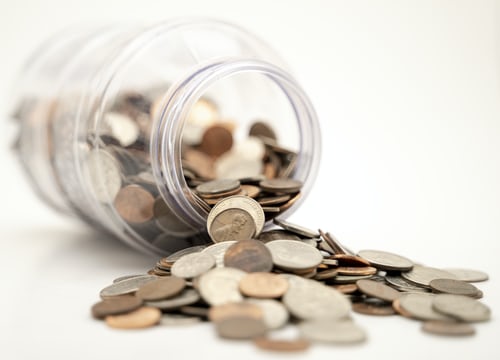What do you know about Zakat?
3 min read
What do you know about Zakat?
Last Updated on December 1, 2023 by Jonathan Lopez
If asked to name the Five Pillars of Islam, most people would probably say Ramadan, Hajj, Fasting, and Shahadah. But would they also mention Prayer and Zakat?
Many Muslims are not aware that Zakat is one of the five pillars along with prayer (salah), fasting (sawm), pilgrimage (hajj), and faith (shahadah). This article will explore what this pillar entails.
The Quran mentions charity 18 times. The word also appears in many other contexts which have nothing to do with giving money or worldly wealth; for example, charity may refer to patience shown by a husband towards his terrible wife (in verse 128 of Surat al-Baqarah).
The subject of Zakat first appears in the second chapter (Surat al-bazaar) of the Quran. Verse 190 states: “And establish prayer and give zakah (alms).” The word zakah comes from the Arabic root meaning “purify.” Just like salah, or prayer, it has come to signify purification. We must ensure that our wealth is purified to be spent on pure causes; otherwise, we hoard wealth for ourselves, which Islam does not permit. As Allah says in Chapter 2, verses 268-269:
“O you who believe! Spend of the good things you have earned, and of that which We bring forth from the earth for you, and intend not to make mischief on the earth. Indeed, Allah does not like those who do mischief.”
Zakat means “that which purifies,” as mentioned in Surat al-Baqarah. The Prophet Muhammad (Peace be upon him) said: “O people! You send wealth ahead of you that might become a source of harm to you and a source of benefit to others.” We all have a choice regarding our money – we can either hoard it to cause us spiritual harm or spend it where we know Allah will reward it.
Charity is one of the best acts one can perform. In another verse from Chapter 2, verses 272-273, Allah says: “And spend in the way of Allah and do not throw [yourselves] with your [own] hands into destruction [by refraining]. And do well; indeed, Allah loves the doers of good.” In this verse, Allah says that we should get out of our egos by giving money away for His sake.
In a hadith narrated by Abu Hurairah, Prophet Muhammad (Peace be upon him) said: “A man once asked another, ‘O servant of God! What have you prepared for your journey?’ He replied, ‘I have never stopped giving charity since I realized what my Lord had prepared [in return] for me.'” This means that if we give away wealth from ourselves to the poor, Allah will give us more, which is a great reward from Him.
In another hadith narrated by Abu Hurairah, Prophet Muhammad (Peace be upon him) said: “A man once held a palm shoot in his hand and said, ‘By Allah! I shall not plant it until I am certain that I can give water to it.’ Then he left the shoot for some time before returning to it again. He then planted it. After that, there appeared fruit on its branches. The man came back [to the Prophet] and said, ‘O Messenger of Allah! Is this [reward] from me?’ [The Prophet replied:] ‘It is from you and from every drop [of semen/seeds] you have produced and from every atom [you have breathed].’ Then the man said, ‘O Messenger of Allah! What about the shoot that I gave in charity?’ [The Prophet replied:] ‘That is also from you and every seed you have sown and atom you have breathed; it is also from what your beasts of burden drag.'” So this proves that we get rewards even if we give our money away for noble causes such as donations.
Zakat can be given to Zakat collectors, who then distribute it among eight categories of people:
- Poor Muslims.
- Needy but not poor Muslims.
- Mujahideen (those who are fighting for the sake of Allah).
- New converts (to Islam).
- Enslaved people.
- Those who cannot repay their debts.
- Those whose hearts are to be won over (by paying them money to make them believers).
- Those in debt.
The recipients of Zakat must be Muslims and be free from the extremes of riches, such as being a king.





